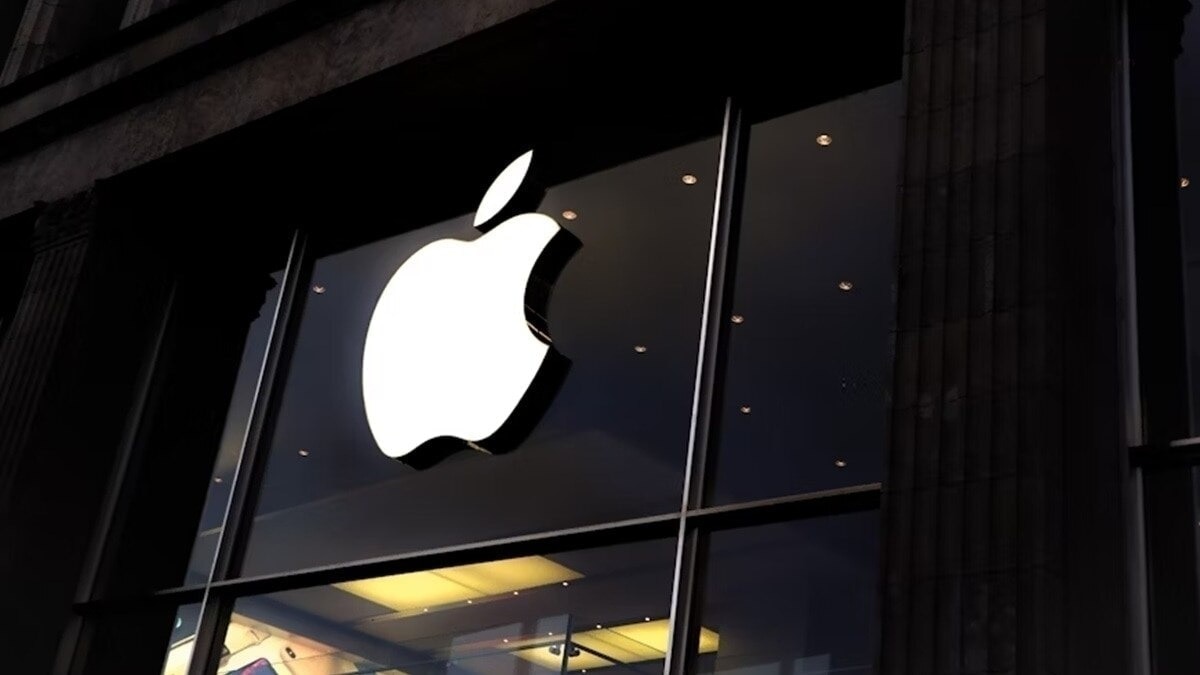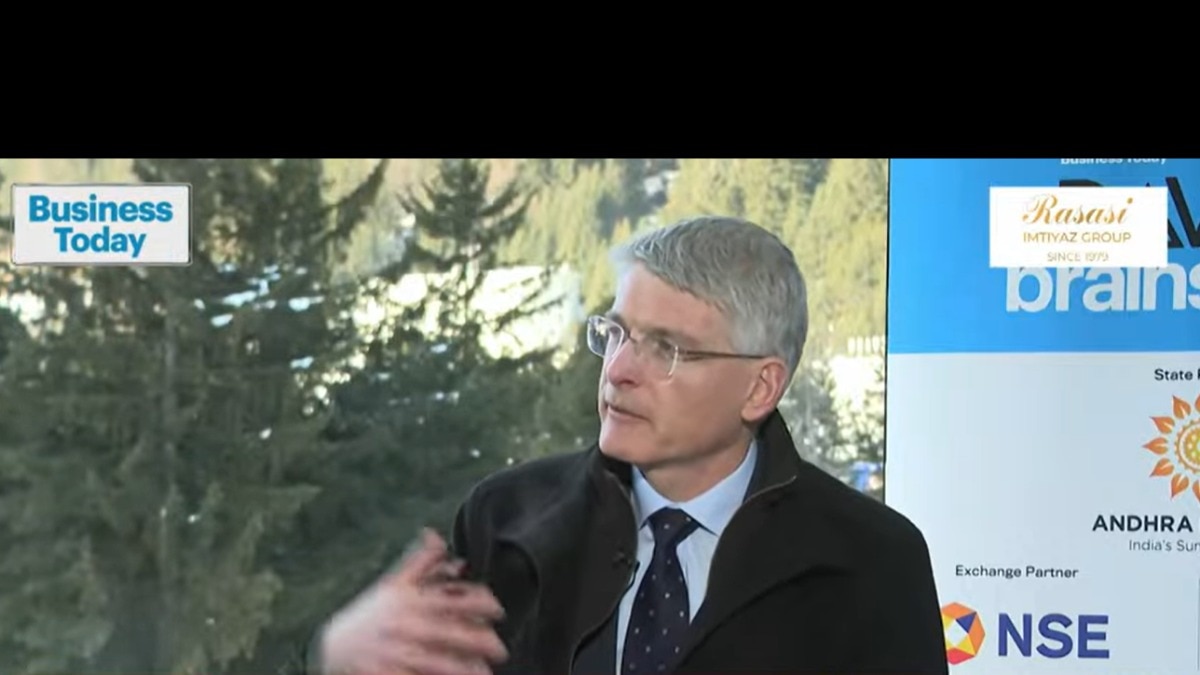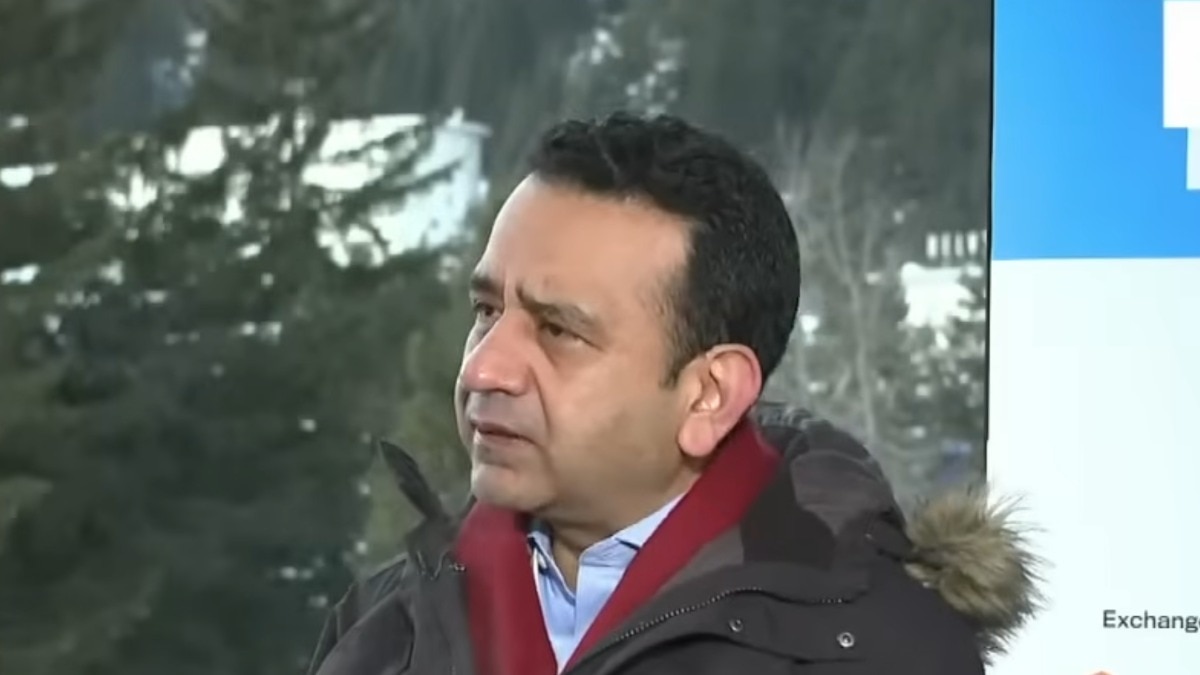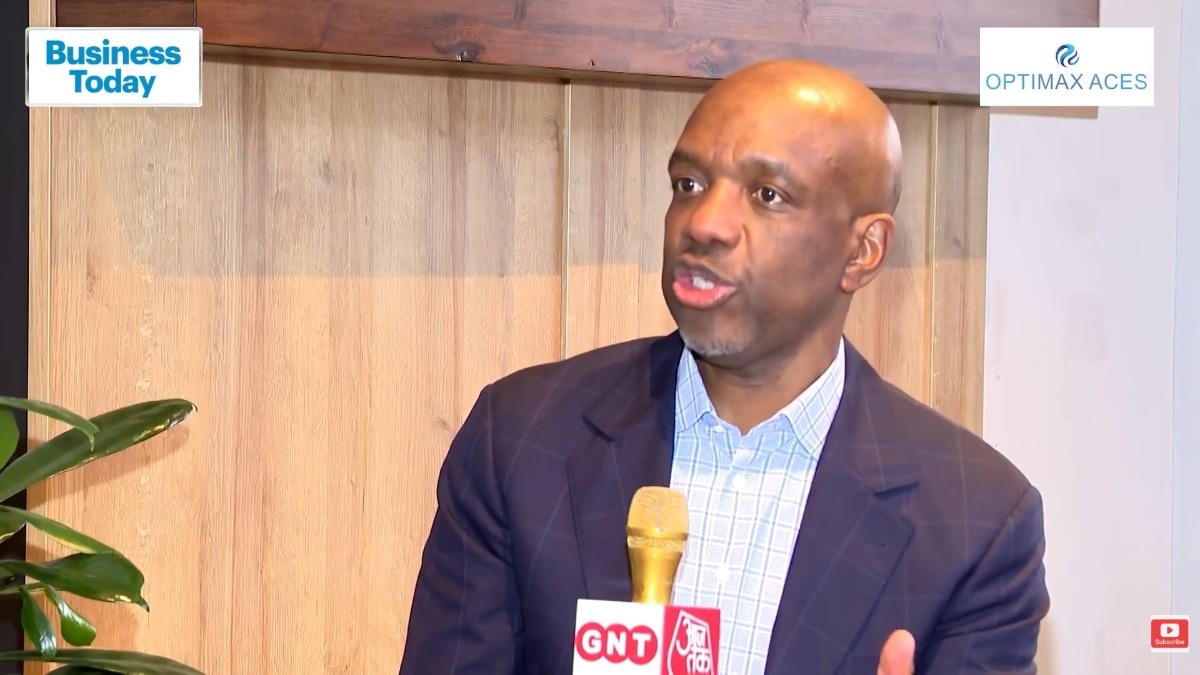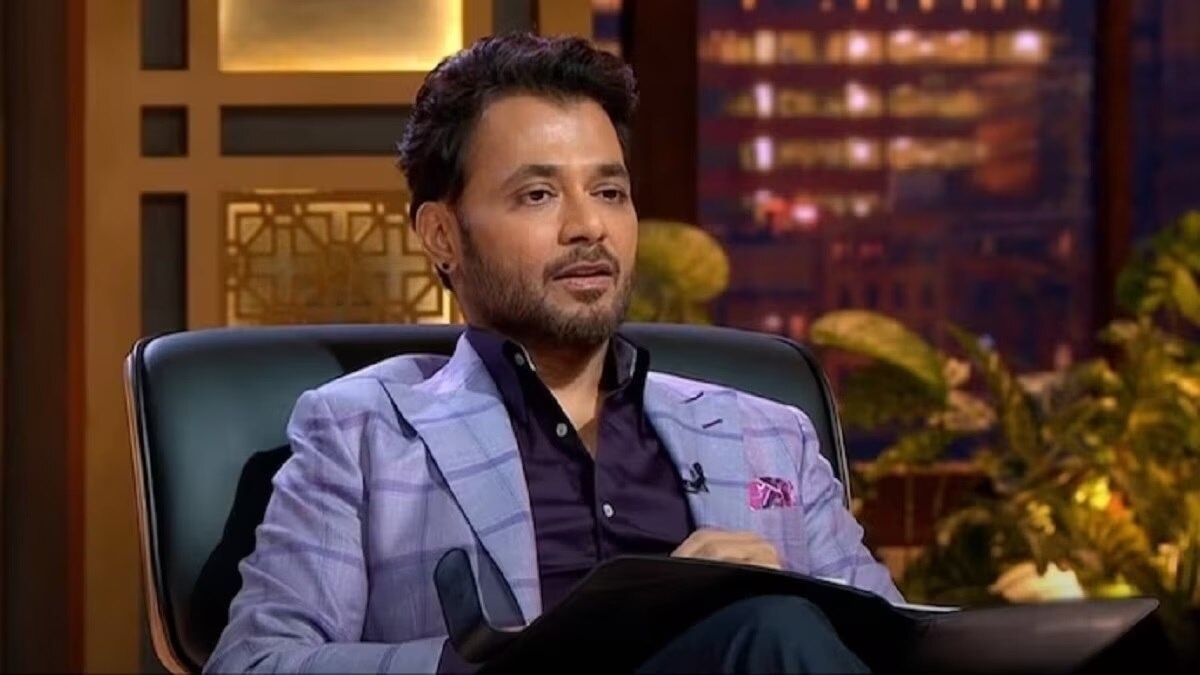Highlights
Open Competition in Artificial Intelligence
Nvidia CEO Jensen Huang has made a compelling argument for open competition in artificial intelligence, noting that some of the most outstanding AI researchers originate from China. He believes that US companies should embrace this global talent rather than restrict it.
World-Class AI Researchers
During a conversation with Ben Thompson of Stratechery, Huang dismissed any narrow definitions of talent. He stated, “The researchers, the AI scientists in China, they’re world-class. These are not Chinese AI researchers, they’re world-class AI researchers.” According to him, top companies such as Anthropic, OpenAI, and DeepMind have many exceptional AI researchers from China. He mentioned, “It’s sensible, and they’re extraordinary, and so the fact that they do extraordinary work is not surprising to me.”
China’s AI Progress
Huang highlighted China’s advancements in AI, particularly models from firms like DeepSeek and Manus, which he sees as formidable competitors to American-developed technologies. He asserted, “Let’s face it, DeepSeek is deeply excellent work,” warning that ignoring such accomplishments would reflect “a lack of confidence so deep that I just can’t even tolerate it.”
The Importance of Healthy Rivalry
According to Huang, healthy competition between nations is not only unavoidable but also crucial for the growth of the sector. He emphasized, “Everybody loves competition. Companies need competition to inspire themselves, nations need that, and there’s no question we spur them.” Additionally, he referred to Huawei as “a formidable company… a world-class technology company.”
Warnings Against Over-Regulation
Huang issued a cautionary note regarding stringent US regulations, particularly the now-abrogated “Diffusion rule,” which aimed to limit AI chip exports. He argued that such measures could undermine America’s competitiveness at a critical time. He commented, “You can’t just say, ‘Let’s go write a diffusion rule, protect one layer at the expense of everything else.’ It’s nonsensical.” Huang expressed that it was illogical to limit US AI technology at a time when global competitors have caught up. “We pretty much predicted it,” he added.
Reactions to Regulatory Changes
He praised the White House’s decision on 12 May to abolish the rule, stating, “The idea of AI diffusion limiting other countries’ access to American technology is a mission expressed exactly wrong. It should be about accelerating the adoption of American technology everywhere before it’s too late.”
Competing in China’s Developer Market
Huang underlined the importance of the United States fighting for its position in China’s expansive developer market. He argued, “The idea that we would have America not compete in the Chinese market, where 50% of the developers are, makes absolutely no sense from a computing infrastructure, computing architectural perspective.” He suggested that US companies should be given the chance to compete in China to mitigate the trade deficit, generate tax revenue for Americans, and create jobs.


